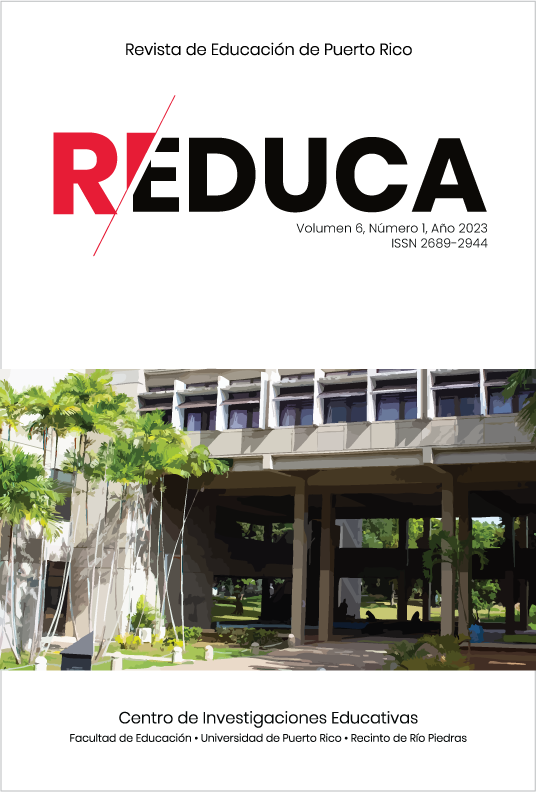Abstract
University programs should promote meaningful learning and authentic teaching by requiring students to immediately apply what they have learned and to contribute to the betterment of society. In this sense, technology provides innovative solutions that affect the quality of student learning. In a knowledge-based society, increasingly vital in the 21st century, digital citizenship comprises the abilities and ethical values to participate in it. This article discusses how this meaningful learning can be facilitated, and describes the structure used to develop the Nudos de Acción Project, in which preservice teachers from universities in different countries form a learning community that learns and contributes to education while developing as critical colleagues.
References
Ausubel, D.P. (2012). Adquisición y retención del conocimiento-una perspectiva cognitiva. Paidos. https://issuu.com/luisorbegoso/docs/ausubel_-_adquisicion_y_retencion_d
Escamilla, A. & Blanco, A. (s.f.). Glosario de términos educativos de uso más frecuente. http://www.artic.ua.es/biblioteca/u85/documentos/1623.pdf
Cumbre Social. (s.f.). Perfil [página en Facebook]. Facebook. https://www.facebook.com/CumbreSocial
iEARN. (s.f.). Project for Future Teachers - Knowing Our Students; Knowing Ourselves (KOSKO). https://iearn.org/cc/space-10/group-77
Newman, F. D. & Wehlage, G. G. (1993). Five standards of authentic instruction. Educational Leadership, 50(7), 8-12. https://www.researchgate.net/publication/241535960_Five_Standards_of_Authentic_Instruction
UNESCO. (2019). Marco de competencias de los docentes en materia de TIC UNESCO. https://unesdoc.unesco.org/ark:/48223/pf0000371024
Velázquez Rivera, L. M. & Figarella García, F. (2018). La problematización en el aprendizaje: Tres estrategias para la creación de un currículo auténtico. CoopERA.

This work is licensed under a Creative Commons Attribution-NonCommercial 4.0 International License.

